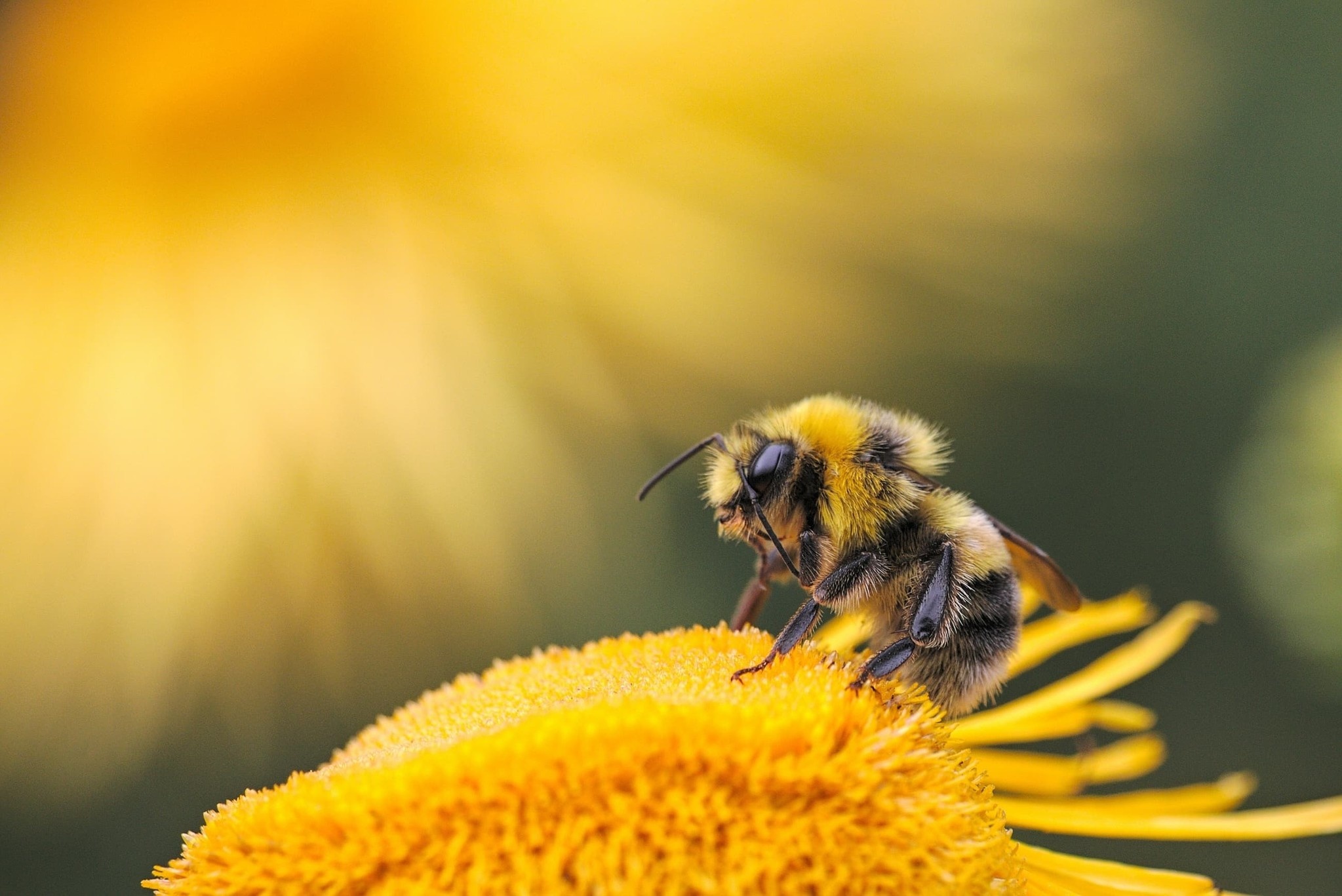Bees in the city, good idea?

More and more city dwellers are installing beehives on their roofs, balconies, or gardens. Bees are currently facing a very worrying situation of collapse. This is the reason for the rush to the big cities. It is not uncommon to find companies, organizations, and individuals bravely embarking on city beekeeping. But is it really a good idea?
Beehives in the city, favourable for biodiversity
For some time now, bees have been a threatened species. This is why many people are installing beehives in the city centre. The main idea is to protect these insects, but also to promote biodiversity.
In fact, bees play an important role in our ecosystem, particularly in pollination. They ensure the vast majority of the reproduction of flowering plants. Along with wasps and butterflies, bees are among the best pollinating insects. They are therefore in the middle of the balance between flora and fauna.
The disappearance of bees leads to the disappearance of various plant and animal species, which in turn has an impact on our diet. However, their mortality rate reaches an average of 30% each year. This is mainly due to toxic products, parasites, monocultures and climate change. Mortality is much higher in rural areas.
Like humans, bees need wildlife to survive and diversity to ensure their well-being. This is also important for the quality of their honey. The installation of beehives in the city therefore has the advantage of being able to take advantage of the many natural resources. The multitude of landscaping and floral arrangements with zero phyto offer a rich, healthy and perennial source of food to these insects.
Negative impacts of setting up beehives in the city
Ecology researchers are "against" this initiative and have sounded the alarm on the subject. For them, it could unbalance biodiversity by harming other insects. In fact, the "for" parties believe that this gesture contributes to the conservation of biodiversity and the protection of the environment. However, we are talking about honeybees, which we usually know as honey producers.
To encourage their establishment in cities is unfair competition to the increasingly threatened wild bees and other pollinators. This variety can no longer find flowers to feed on, and its fellow bees are swallowing up almost all the natural resources available. Honey bees are becoming a major part of the biodiversity of large cities. However, it is the wild variants that are responsible for pollinating certain plants (tomatoes, peppers, etc.).
What balanced solution should be adopted?
The installation of beehives in cities contributes to the virtuous cycle of our life. But without the appropriate know-how, it could lead to an ecological disaster. A balanced solution must be found to protect bees and develop biodiversity. So start by creating suitable areas for these insects and other pollinators by growing lots of flowers and melliferous plants.
It is also possible to promote local organic agriculture and to take eco-responsible steps. To achieve a good balance in this ecosystem, install less than one beehive for every square kilometer.


Comments
Be the first to comment...